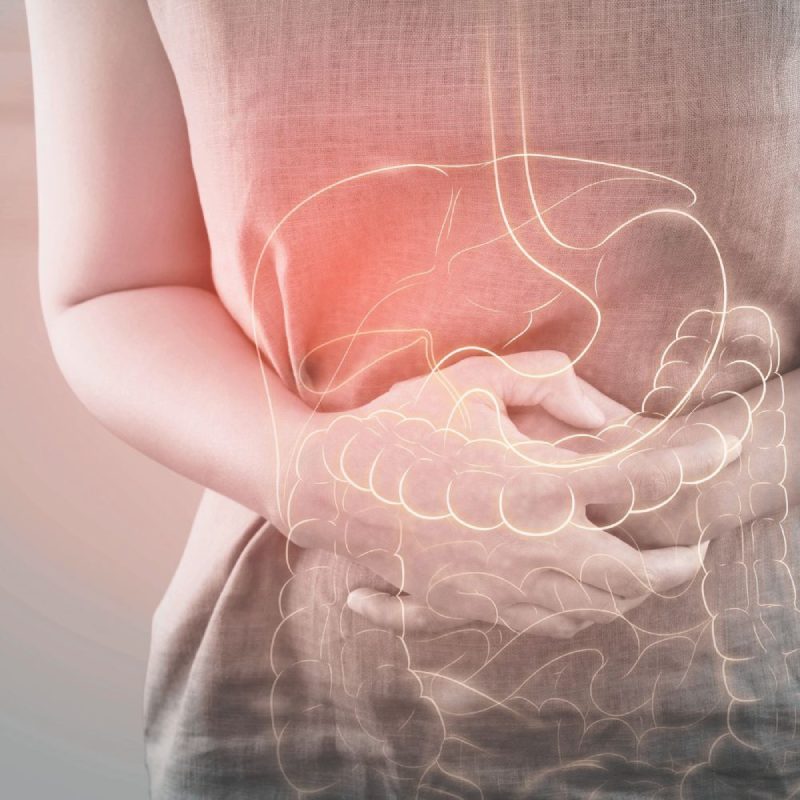Gastroesophageal reflux disease (GERD) is a condition where stomach acid frequently flows back into the esophagus, causing irritation and heartburn. A common cause is issues related to Lower Esophageal Sphincter (LES) dysfunction. The LES is a ring of muscle at the junction between the esophagus and stomach. Normally, it opens to allow food to enter the stomach and closes to prevent acid from backing up. When the LES is weak or relaxes inappropriately, acid can flow back into the esophagus, leading to GERD.
Another common cause is bloating and gas causing the stomach to distend thus applying pressure on the LES to open to release the excess gas. Eating foods that feed bad bacteria that generate gas and inadequate digestion of food can be a cause. Another cause can be GI motility problems when your GI tract is not moving your food forward.
As a pharmacist, I often see inappropriate chronic prescribing of Proton Pump Inhibitors (PPIs) e.g. pantoprazole, rabeprazole, esomeprazole, etc. While highly effective in reducing stomach acid production and relieving acid reflux symptoms, PPIs were only meant to be prescribed for short-term use. They are prescribed to allow the GI tract time to repair and prevent possible perforation. Patients often get started on PPIs in the hospital because they may have been put on blood thinners or NSAIDs but only need to continue them long-term if they are high-risk patients for ulcers.
Long-term use of PPIs has potential adverse effects, such as nutrient deficiencies, bone fractures, dementia, and increased risk of infections (e.g. C. Difficile, SIBO, and pneumonia). Stomach acid helps digest food, kills bad bacteria in the food that you eat, and aids in the absorption of vitamin B12, vitamin D, calcium, magnesium, and iron.
Deprescribing PPIs is done gradually over several weeks to minimize the risk of rebound acid hypersecretion, a temporary increase in stomach acid production that can occur after stopping PPIs. The LES muscle closes to prevent acid from going up into the esophagus but if it has not been exposed to acid for long periods, it becomes “lazy”, which is why it can take time to train those muscles to work again and why patients become dependent on PPIs or convinced that they must take them chronically. Decrease the dose if possible then try taking it every other day or only as needed.
Another strategy while weaning off the PPI is to take antacids to neutralize the acid when needed. Flor-Antacid (Flora) contains magnesium carbonate which prevents acid rebound by having a pH-buffering effect unlike other antacids.
I find that using natural supplements like DGL Synergy (Designs for Health), can help soothe and protect the esophagus and increase your chances of discontinuing PPIs. I will talk in more detail about this and other natural options in Part 2 next month.
Lyle Sunada is a compounding pharmacist and NAMS Certified Menopause Practitioner specializing in hormone balancing and alternative medicine at Cloverdale Pharmasave. Everything mentioned in the article is available In-Store.





